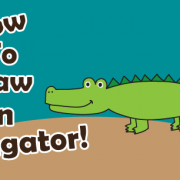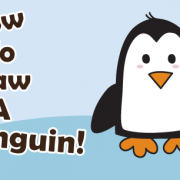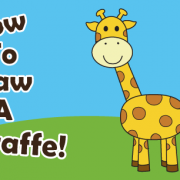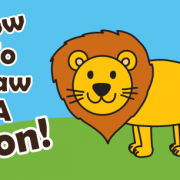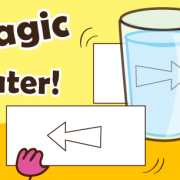Tag Archive for: Actividades para niños
As parents, many times we think that our children should behave in a certain way, but we find it very hard to promote change in a way that our children will accept it willingly, instead of turning it into a power struggle.
Here are 3 ideas from experts in the field of relationships and change, that can help with this process:
- Learn to Let Go
Dr. Shefali Tsabary believes that parents need to be aware of their subconscious and mental baggage which wrongfully leads them to believe that they ‘own’ their children, or that children should be made in their image.
This belief leaves no room for the child to actually be him or herself, and causes the child and the parent to constantly collide. Worse yet, the child may, out of love for the parent, let go of his true self and may end up a disconnected adult, who is not in tune with his true inner self. Once we, as parents, do the internal mental work and allow our child to become something brand new that we don’t have control over, we can enter our relationship with our child more calmly, and provide the discipline and ground rules which every child needs to thrive.
- Teach Them to Control Emotions
Many times children’s bad behavior is a result of their inability to manage their emotions properly. Based on this idea, Erika Brodnock has created an online platform for kids, which helps them practice focusing on gratitude and love and letting go of stress, fear and hatred. Thus, when they are faced with a real-world situation, their brain will already be wired to focus on the good and remain calm and thoughtful.
- Change the path
Chip and Dan Heath write in their book “Switch” that contrary to our belief, human beings are not rational at their core, but rather act and respond in very irrational ways to circumstances. That’s why if you want to make a change that will stick for the long term, you need to appeal to both the rational and emotional sides, but also you must change the basic circumstance. The Heath’s call it the elephant (emotional) the rider (rational) and the path (circumstance). Many times our children will find themselves in distress or anger or fear due to a circumstance than can be changed relatively easily, and which is within our control as parents. sitting between brothers at the dinner table, setting up a different playdate or getting rid of a toy – these are small things which we can change and which can have an impact on a child’s behavior.

